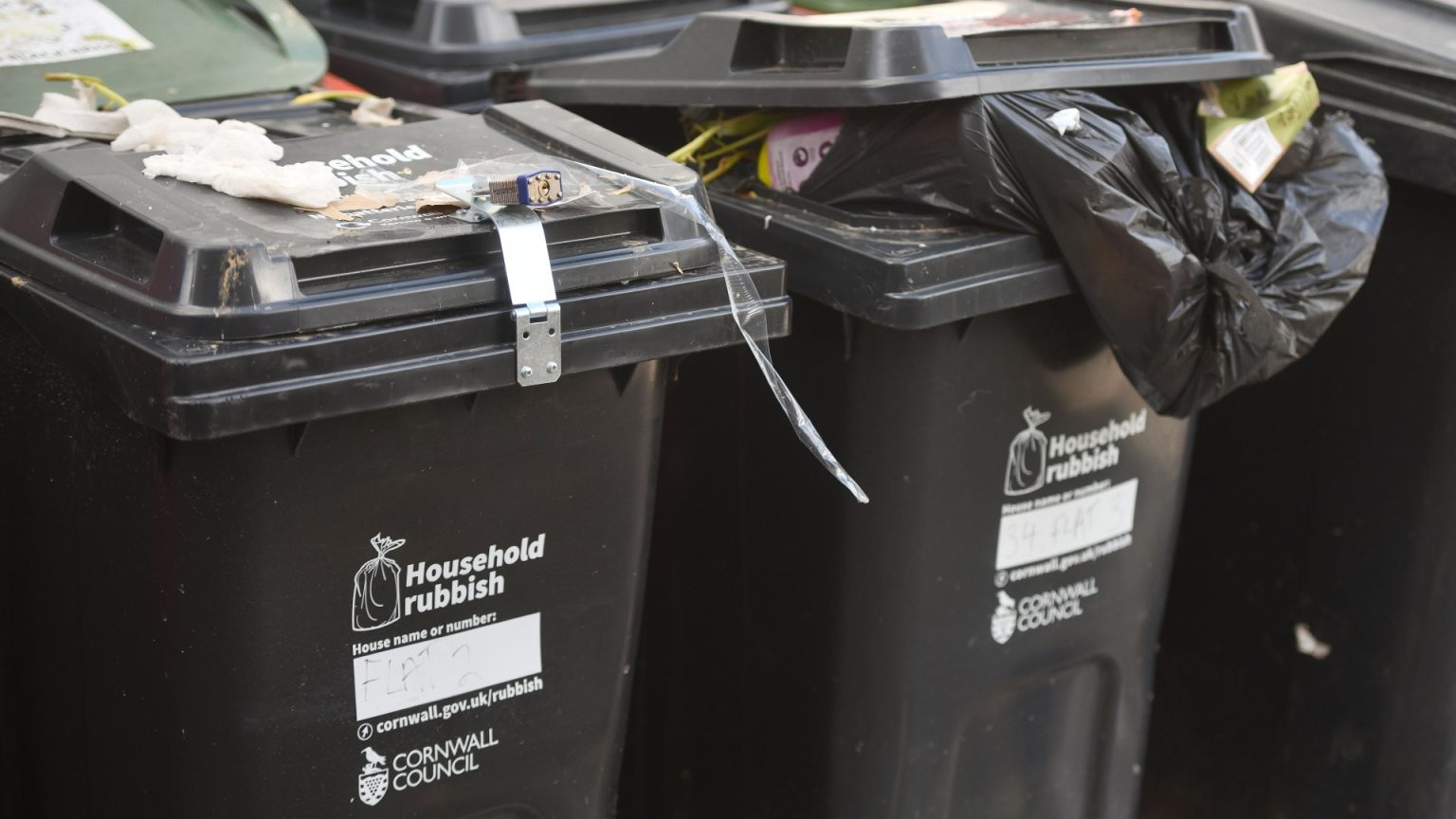The UK is facing a potential upheaval in its waste management system under new guidelines introduced by the Labour government, raising concerns about the frequency of bin collections and the potential impact on both household hygiene and council tax bills. The previous Conservative government had planned to mandate fortnightly rubbish collections as a minimum standard, aiming to mitigate issues like unpleasant odours and vermin infestations. However, these plans were shelved before the general election, and Labour’s new guidance, released with minimal fanfare, grants local councils greater autonomy in setting their own collection schedules, eliminating the mandatory fortnightly minimum. This shift has sparked anxieties about the potential for less frequent collections, with some councils, like Green-controlled Bristol, already exploring the possibility of monthly black bin collections, a move met with significant public resistance. This change coincides with an anticipated 5% rise in council tax, the maximum permissible without a local referendum, adding an average of £109 to the annual Band D bill, escalating it to over £2,280.
The controversy surrounding bin collection frequency is further amplified by the contrasting narratives offered by the Labour and Conservative parties. Conservatives criticize the new guidelines, accusing Labour of abandoning its pledge to freeze council tax and warning of the potential health and environmental consequences of less frequent collections. They portray the move as a capitulation to union demands, prioritizing these over the well-being of residents. Conversely, Labour defends its approach as a simplification of recycling procedures, aiming to streamline waste management and reduce the burden on households. The party contends that the new system will standardize recycling practices across the country, eliminating the existing “postcode lottery” where collection methods vary significantly. Labour further criticizes the discarded Conservative plan for seven separate bins as impractical and potentially chaotic.
The debate over bin collection frequency is intertwined with broader discussions about environmental sustainability and the UK’s net-zero targets. Wales, under Labour control, has already implemented monthly or three-weekly collections in many areas, citing these reduced frequencies as necessary for achieving environmental goals. This rationale suggests a trade-off between convenience and environmental responsibility, a tension that is likely to play out in other local authorities as they grapple with the new guidelines and the pressure to reduce their environmental impact. The question of how to balance these competing priorities remains a key challenge for policymakers and local authorities.
Adding to this complex landscape is the variation in the number of bins currently used by households across the UK. A survey conducted by the Taxpayers’ Alliance revealed a wide disparity, with some households utilizing up to ten bins while others manage with just two. This highlights the challenge of implementing a uniform national waste management strategy and underscores the potential complexities of enforcing any specific bin collection frequency. The discrepancy also suggests that the transition to a new system, regardless of its specifics, could be uneven and potentially disruptive, as different localities adapt to new procedures and bin configurations.
Labour’s new guidance represents a significant departure from the previous government’s approach, shifting responsibility for waste management from central government to local authorities. While Labour emphasizes the simplification and streamlining of recycling, critics express concerns about the potential for decreased hygiene standards and increased costs for residents. The debate over bin collection frequency is not merely a technical matter of waste management; it touches upon broader political, economic, and environmental considerations. This includes the balance between local autonomy and national standards, the trade-off between environmental sustainability and household convenience, and the financial burden on local authorities and residents.
The unfolding situation with bin collections highlights the challenges of implementing effective and equitable waste management policies. As councils navigate the new guidelines and attempt to balance competing demands, it remains to be seen how these changes will impact the daily lives of residents and the overall effectiveness of the UK’s waste management system. The debate underscores the need for thoughtful and comprehensive strategies that address both the practical and political dimensions of this essential public service. It also underscores the need for clear communication and public engagement to ensure that any changes are understood and accepted by the communities they affect.











